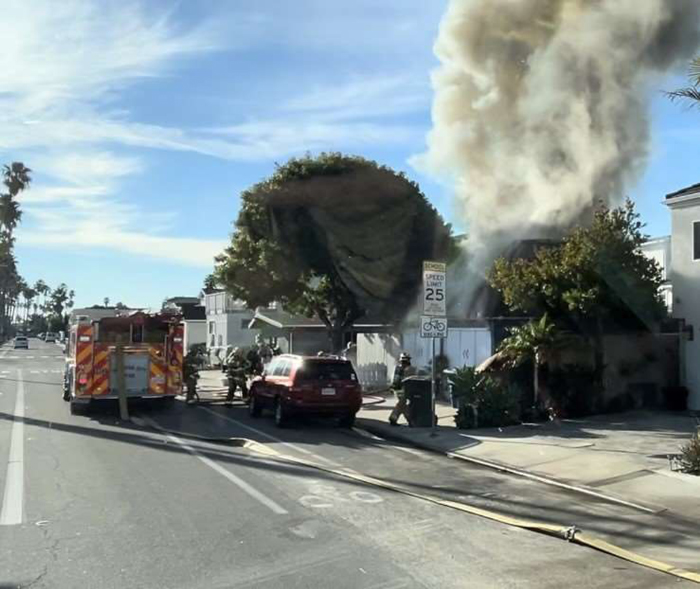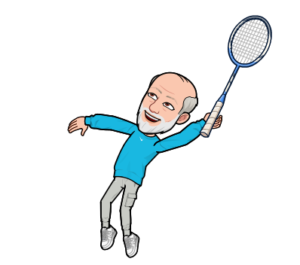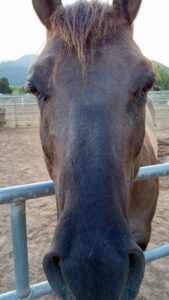by National Institute on Aging
Alzheimer’s disease affects millions of Americans and is a leading cause of death in the United States. It’s important to distinguish the facts from the myths about Alzheimer’s, especially when it comes to finding information online. Read on to learn about common myths surrounding this disease.
Myth 1: Alzheimer’s disease and dementia are the same thing.
Understanding Different Types of Dementia infographic. Click to open webpage
Share this infographic and help spread the word about understanding different types of dementia.
People often use the terms Alzheimer’s and dementia interchangeably, but there is a difference. Dementia refers generally to conditions that lead to impaired memory, thinking, reasoning, and behavior, and Alzheimer’s is just one type of dementia. The terms are likely confused because Alzheimer’s is the most common cause of dementia and the most well-known. Other types of dementia include Lewy body dementia, frontotemporal dementia, and vascular dementia.
Learn more about Alzheimer’s and related dementias.
Myth 2: I will develop Alzheimer’s disease if my parent has it.
If a parent or close relative has Alzheimer’s, you may be worried about developing it as you get older. A person’s chance of developing Alzheimer’s is higher if they have certain genetic variants that can be passed down from a parent. However, in most cases, just because a biological parent has Alzheimer’s does not mean their children will develop it.
Alzheimer’s is complex, and scientists don’t yet fully understand what causes it in most people. Research suggests that in most individuals, a host of factors beyond genetics play a role in the development and course of the disease. Environmental and lifestyle factors such as exercise, diet, exposure to pollutants, and smoking may also affect a person’s risk for Alzheimer’s. Although we don’t yet know how to prevent the disease, it’s important to practice healthy behaviors throughout your lifetime, such as exercising regularly and eating a balanced diet.
Myth 3: Only people in their 70s and older develop Alzheimer’s disease.
While the greatest known risk factor for Alzheimer’s is age, this does not mean that only older adults develop it. For most people with Alzheimer’s, it’s true that symptoms first appear in their mid-60s or beyond. However, some people experience symptoms earlier, even as young as in their 30s. When a person develops Alzheimer’s between their 30s and mid-60s, it’s called early-onset Alzheimer’s. Early-onset Alzheimer’s is rare — representing less than 10% of people with the disease. Developing Alzheimer’s earlier in life can present specific challenges. People diagnosed at younger ages are more likely to be raising children or working outside the home, or both.
Many people living with Down syndrome, a genetic condition, will also develop Alzheimer’s at an earlier age and may begin to show symptoms in their 40s.
Myth 4: Alzheimer’s disease symptoms are normal as we get older.
Many people become more forgetful as they age, and some forgetfulness, such as losing things from time to time, is normal. However, common signs and symptoms of Alzheimer’s, such as making poor judgments and decisions a lot of the time, having problems recognizing friends and family, or losing track of the date or time of year are not a normal part of aging.
If you are worried about your memory or other possible Alzheimer’s symptoms, talk with your doctor. The doctor may ask questions about your health history, perform assessments of your thinking and memory, and conduct medical tests to determine your diagnosis.
.







